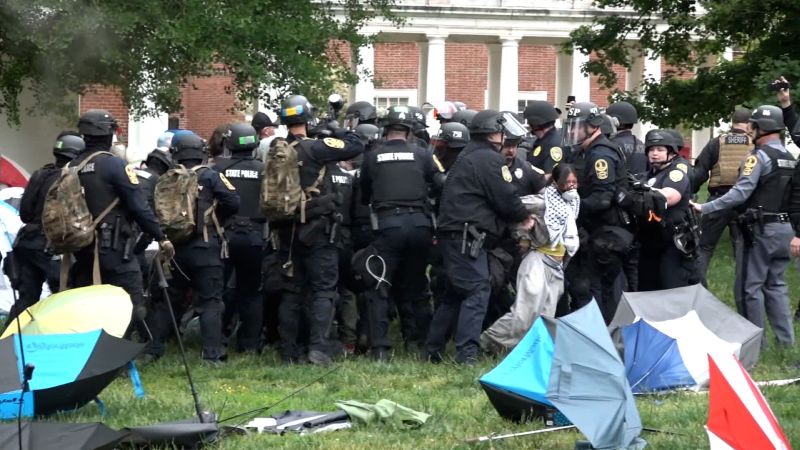Violent crime spiked during the pandemic. While the murder rate appears to have peaked nationally, it remains above pre-pandemic levels in many cities. D.C. has seen more than 100 murders so far this year — the earliest the city has hit that grim milestone in two decades. It has been especially challenging to handle the number of teenage offenders and the mental health crisis. At the same time, there are rightly calls for police reform in the wake of the murder of George Floyd and the killings of Breonna Taylor and others from the unjust use of deadly police force. Police morale is low, and recruiting is a struggle. (D.C. is offering a $25,000 signing bonus to new hires.) City budgets are also coming under strain as pandemic aid fades and workers aren’t coming into downtown offices like they once did.
What triggered the recent police chief departures is different in each city. But two takeaways are clear: The chiefs made known the heavy toll of the job on their families and the lack of support from city hall. Then-D.C. Police Chief Robert J. Contee III frequently faced protesters, including at his home, where his 10-year-old son struggled with the hate directed at the family. Departing New York City Police Commissioner Keechant Sewell found it eerie to be recognized at the supermarket, though she ultimately departed because of a rift with Mayor Eric Adams (D), himself a former police captain. Chicago Police Superintendent David Brown stepped down after the mayor who appointed him was not reelected and the challengers vowed to fire him. Baltimore Police Commissioner Michael Harrison served for four years — one of the longer tenures for the job — but surprised many with his abrupt decision to depart..
The picture that is emerging suggests success requires the mayor and city officials to be aligned with the police chief. That includes on policing tactics and reforms, on money and on jail time for crimes. Mr. Contee told us and anyone else who would listen that violent criminals need to stay behind bars, including while awaiting trial. He lamented how often offenders would race toward the D.C. border from neighboring states because they knew it was unlikely they would be detained long in the District. D.C. Mayor Muriel E. Bowser (D) has proposed fixing this, and the council should act swiftly.
There’s an unfortunate tendency to think of policing as a pendulum that has shifted from calls to “defund the police” in 2020 to calls for more officers as crime escalated. That’s not helpful. What’s really happening in many large cities is an ongoing push for better policing. In practical terms, that means utilizing data to really home in on the hot spots, as Dallas has done by breaking the city into 101,000 microgrids. It also means responding appropriately to different risk levels. Smart cities have ramped up mental health and other social service responders so the police can focus their attention on crime. Albuquerque, for example, now has a Crisis Intervention Team to respond to mental illness cases.
There’s an urgency to fill these police chief roles as summer arrives, which often coincides with a pickup in crime. If cities want police chiefs who will stay for the long term, politicians need to step up as their partners in finding solutions.







More News
Zendaya Is No Stranger to the Met Gala Red Carpet. But It’s Been a While.
Was the Stone Age Actually the Wood Age?
Trump’s Scandals Captivate the Courtroom, but Case Hangs on Dry Details